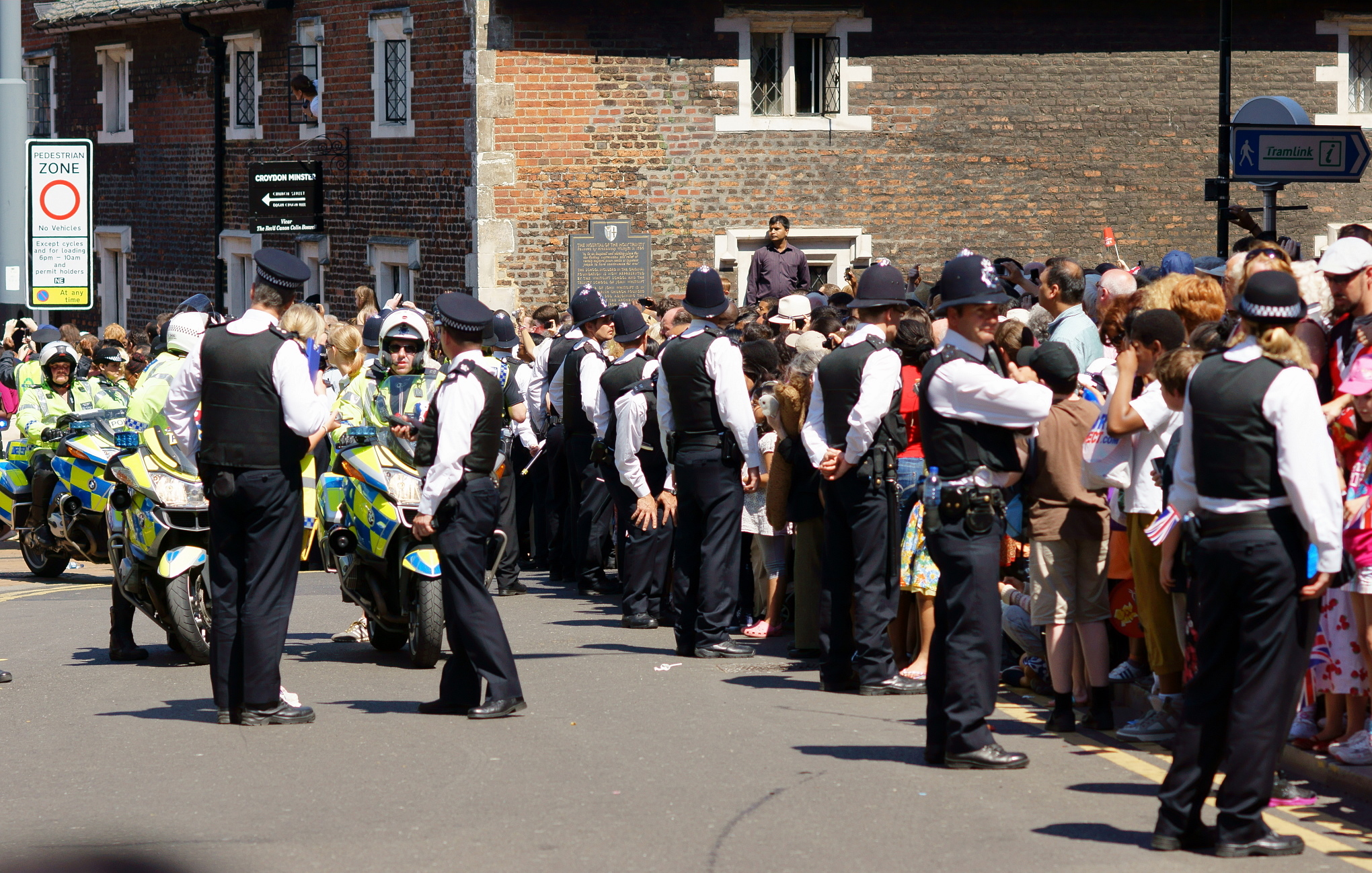This post is also available in:
 עברית (Hebrew)
עברית (Hebrew)
The Winter Olympics will take place in South Korea during February, and the country is planning to deploy 10,000 police officers in and around the venues, in order to protect the events.
All kinds of measures are being used to prevent all forms of terrorism, to handle traffic and to manage the highly anticipated visit of a large North Korean delegation, the senior police official overseeing the Winter Olympics explained in a briefing to foreign reporters in Seoul.
“The success of the Games lies in the prevention of any threat of terrorism,” said Director General Kim Gyo-tae, who heads the Pyeongchang 2018 Olympic Winter Games Police Task Force. “That is the focus of our efforts.”
In the past, North Korea has posed a deadly security risk for major sporting events in the South. In 1987, one year prior to the 1988 Seoul Summer Olympics, North Korean agents blew up a South Korean airliner in the Middle East, killing all 115 persons aboard.
“We are in coordination with global intelligence authorities, in close contact,” Kim continued. One result of this coordination is that a list of 30,000 suspects who will be prevented from entering South Korea has been drawn up.
For now, no threats have been made towards the safety of the Winter Olympics. “As of now, we have not received any information on crucial terror threats that might be executed during the Games,” Kim said.
Kim declined to speak on which military assets would be deploying alongside his police units.
Measures are being taken against airborne, vehicleborne and cyberattacks and also against a range of weaponry, from firearms to chemical and biological agents. Regarding biological and chemical threats, the police are coordinating with the nation’s atomic-energy agency, disease-prevention centers and emergency services, Kim said.
As was said before, more than 10,000 officers will be deployed on duties ranging from traffic control to counterterrorism, including “hundreds” of SWAT (Special Weapons And Tactics) and counterterrorist officers.
Many officers will carry specialized smartphones – “Poliphones” – loaded with apps that enable vehicle license-plate scanning, fingerprint scanning, searches for missing children, information on suspects, and emergency response.
A no-fly zone, extending to a radius of 4-5 kilometers around venues and with a ceiling of 1,200 meters, will be enforced. “Our basic stance is that there will be no drones,” Kim said. Special devices will be deployed that jam drone frequencies, and units armed with special weapons will be on hand to bring down any unmanned aerial vehicles (UAVs) that bypass these measures.
Horse-borne officers will be utilized for amicable crowd control, while quick reaction units on skis and snowmobiles will be used in the mountains.
Vehicle and pedestrian checkpoints will be established around venues, which will be equipped with X-ray machines to check incoming baggage. Police foot patrols will be constant around venues and the athletes’ village.
Smart police cars, which can scan car license plates while driving, will be used to track down stolen vehicles. Locations with steep inclines, and those where people gather to wait for buses – that is, areas that are prone to vehicle-borne attacks – will be shielded with barricades.
Traffic control will be a particularly critical task given that the Lunar New Year holiday – an annual “traffic hell” during which roads nationwide are customarily jammed – falls in the middle of the Games.
With North Korea expected to attend the Games – inter-Korean negotiations on the size of the Northern team are expected shortly – one potential terrorist risk may have evaporated. “Some have said this could decrease risks of terrorism,” Kim said. “But we consider all risks; we are going to remain vigilant going forward.”


























